Since the beginning of the full-scale invasion, many young Ukrainians have lost not only their homes but also their inner balance, sense of stability, and familiar social circles. In times of profound uncertainty, when young people are particularly vulnerable to psychological challenges, it is essential to have a safe space where they can express their feelings, receive emotional support, and access resources for further development. At Poltava Polytechnic, art therapy has become exactly such a space – a gentle yet powerful tool for emotional healing.
A significant advantage of the art therapy approach is its accessibility and universality. Participation in sessions does not require any special artistic or dance skills – the process itself is what matters, not the result. Thanks to this, young people can try new forms of self-expression without fear of judgment and feel like the creators of their own inner stories. Such experiences gradually restore self-trust, reveal inner strengths, and help develop emotional intelligence, an essential component in overcoming stressful situations.
The session held on June 19, 2025, in Classroom 318 was organised within the framework of the international, large-scale EU-funded Erasmus+ KA220-ADU project “TRUST” – Trauma of refugees in Europe: An approach through art therapy as a solidarity program for Ukraine war victims (Grant No. 2024-BE01-KA220-ADU-000257527).
The project title is decoded as follows:
TRUST
T – Trauma
R – Refugees
U – Ukraine
S – Solidarity
T – Therapy
The project is co-funded by the EU and led by the Centre Neuro Psychiatrique St-Martin from Belgium, in partnership with the National University “Yuri Kondratyuk Poltava Polytechnic” (Ukraine), Greek Carers Network EPIONI (Greece), Fondazione Don Luigi Di Liegro (Italy), Lekama Foundation (Luxembourg), EuroPlural Project (Portugal).
The event was moderated by:
– Olena Kryvenko, practical psychologist at Poltava Polytechnic and assistant at the Department of Psychology and Pedagogy;
– Dr. Viktoriia Shevchuk, Associate Professor at the Department of Psychology and Pedagogy;
– Vitalii Horhol, Senior Lecturer at the Department of Choreography and Dance Sports;
– Petro Horhol, Head of the Department of Choreography and Dance Sports, Honored Worker of Culture of Ukraine, Honorary Art Figure of Ukraine, Honored Dance Sports Specialist of Ukraine, Associate Professor.
This time, the topic of the session was “Balance in Dance and Life” – a multifaceted concept explored through various art therapy approaches, including visual arts, body-movement therapy, and cognitive-behavioural practices.
One of the key exercises was the metaphorical activity “The Palms of My Balance”, where students used colour and symbols to depict their emotional vectors – what they give to others and what they need to receive. This helped participants become more aware of the balance (or imbalance) in their interpersonal relationships and whether they might be emotionally depleted through giving without receiving adequate support in return.
A vital component of the session was body-oriented therapy, based on principles of somatic reflection. Through simple movements, spatial awareness exercises, and breathing techniques, participants learned to be present in the “here and now,” explored their physical resilience, and identified feelings of support and tension. Since the body often stores unprocessed trauma, working with it allows participants to release blocks associated with past painful experiences, even when the conscious mind has suppressed them.
To conclude, the moderators proposed the cognitive exercise “Balance of Thoughts”, which involved identifying automatic negative beliefs and transforming them into more adaptive ones. This technique helps young people shift their internal dialogue from “I can’t handle this” to “I can cope with support”.
The value of such sessions lies in providing a space where participants don’t feel alone, where they can find inner support and share their experiences in an accepting environment free of pressure or judgment. Art therapy here is not “treatment through art” in a narrow sense, but rather a collaborative process of discovering meaning, resources, and stability.
Participants report that after only a few sessions, their anxiety levels decrease, they feel calmer, and their sense of control over their lives increases. This highlights the real therapeutic effect of such initiatives and underscores the importance of their continuation.
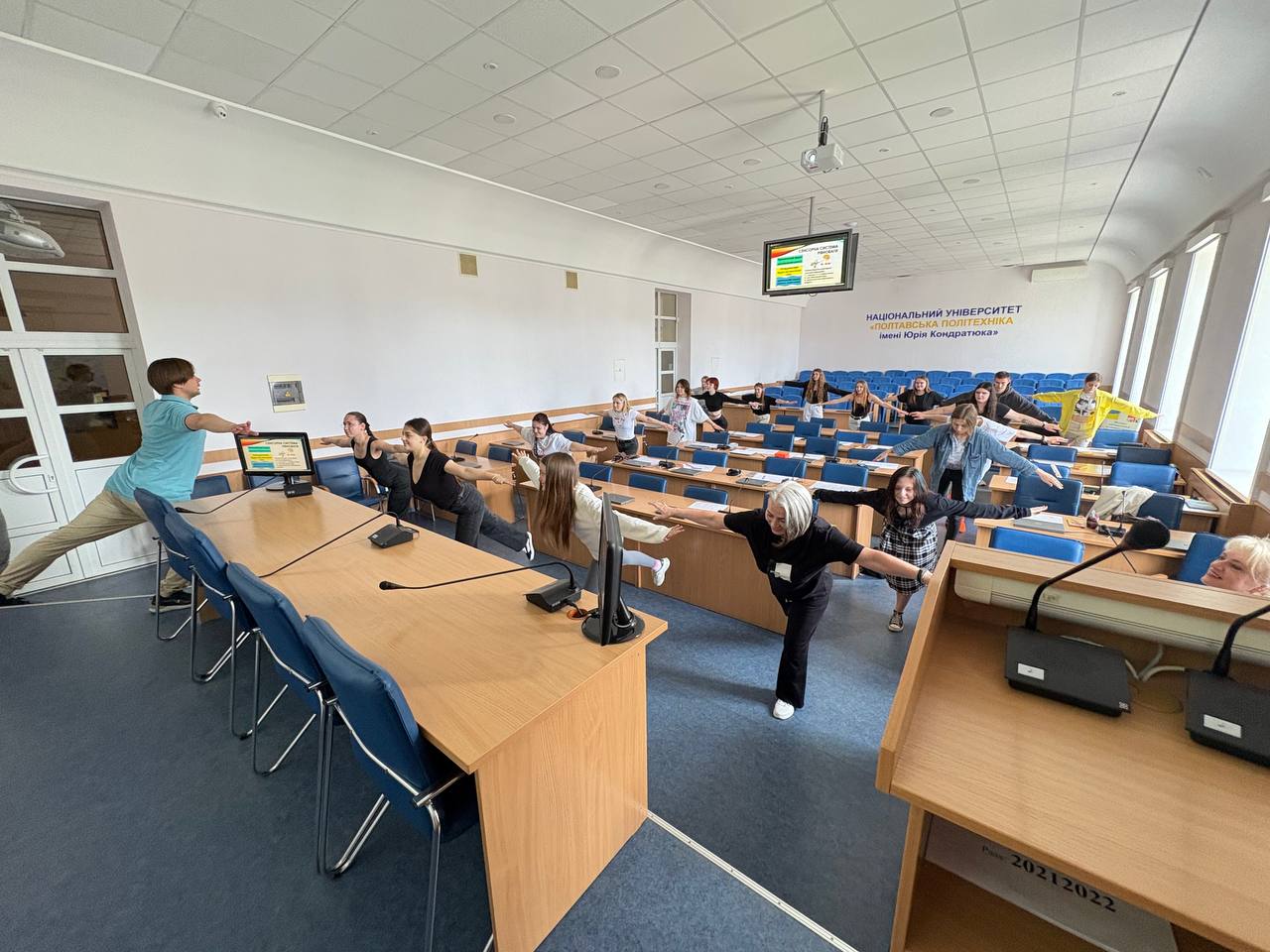
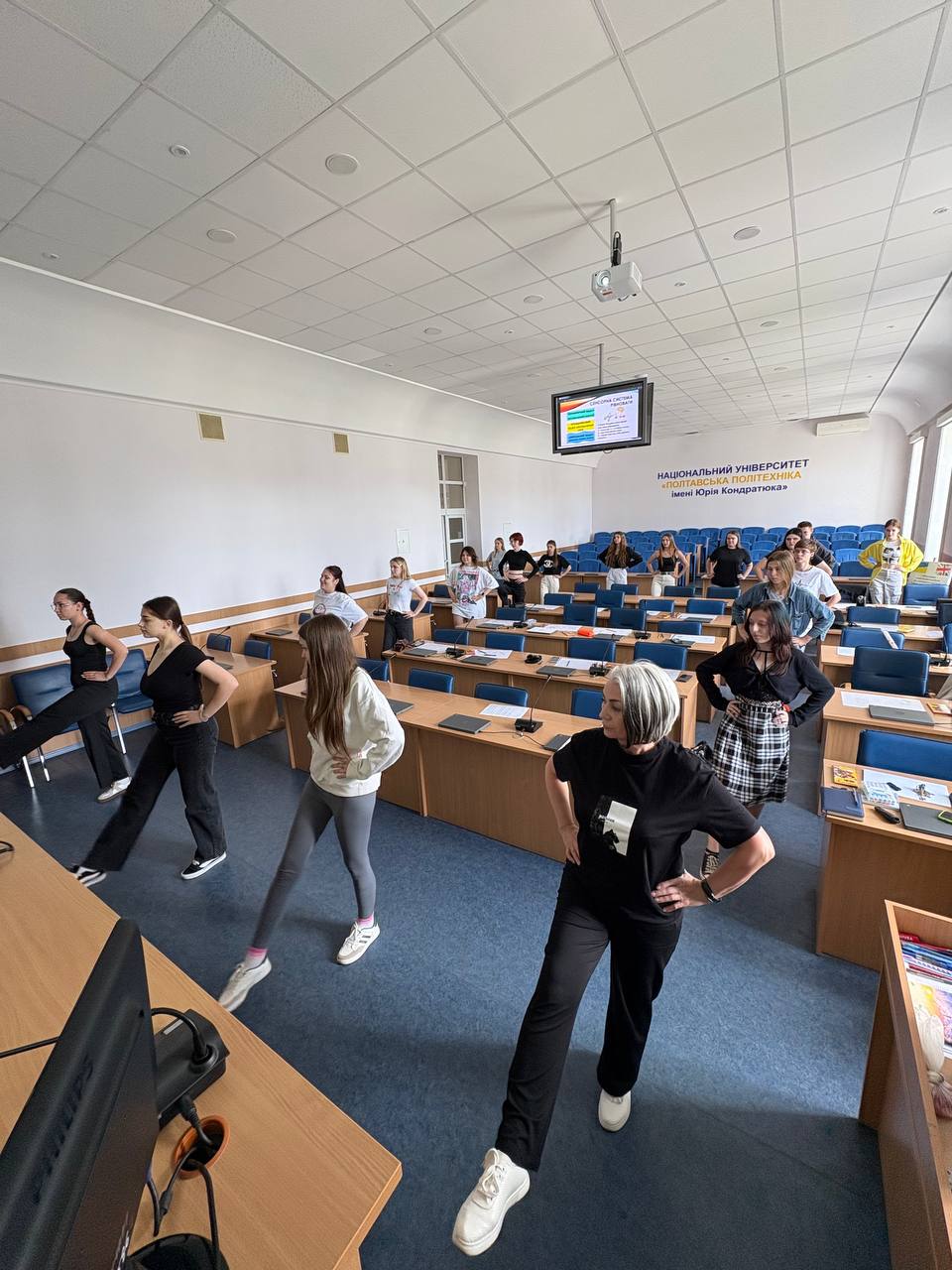
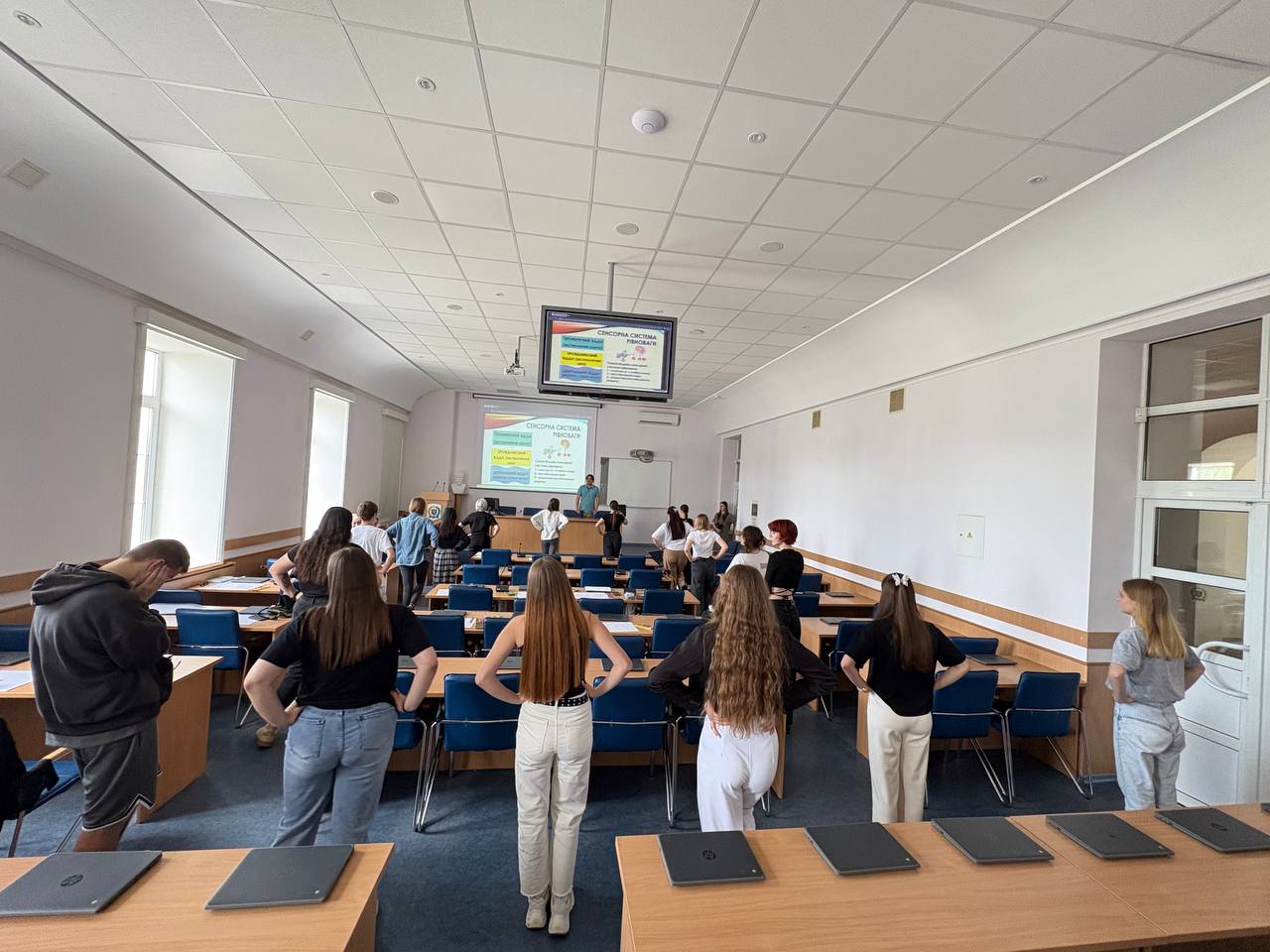
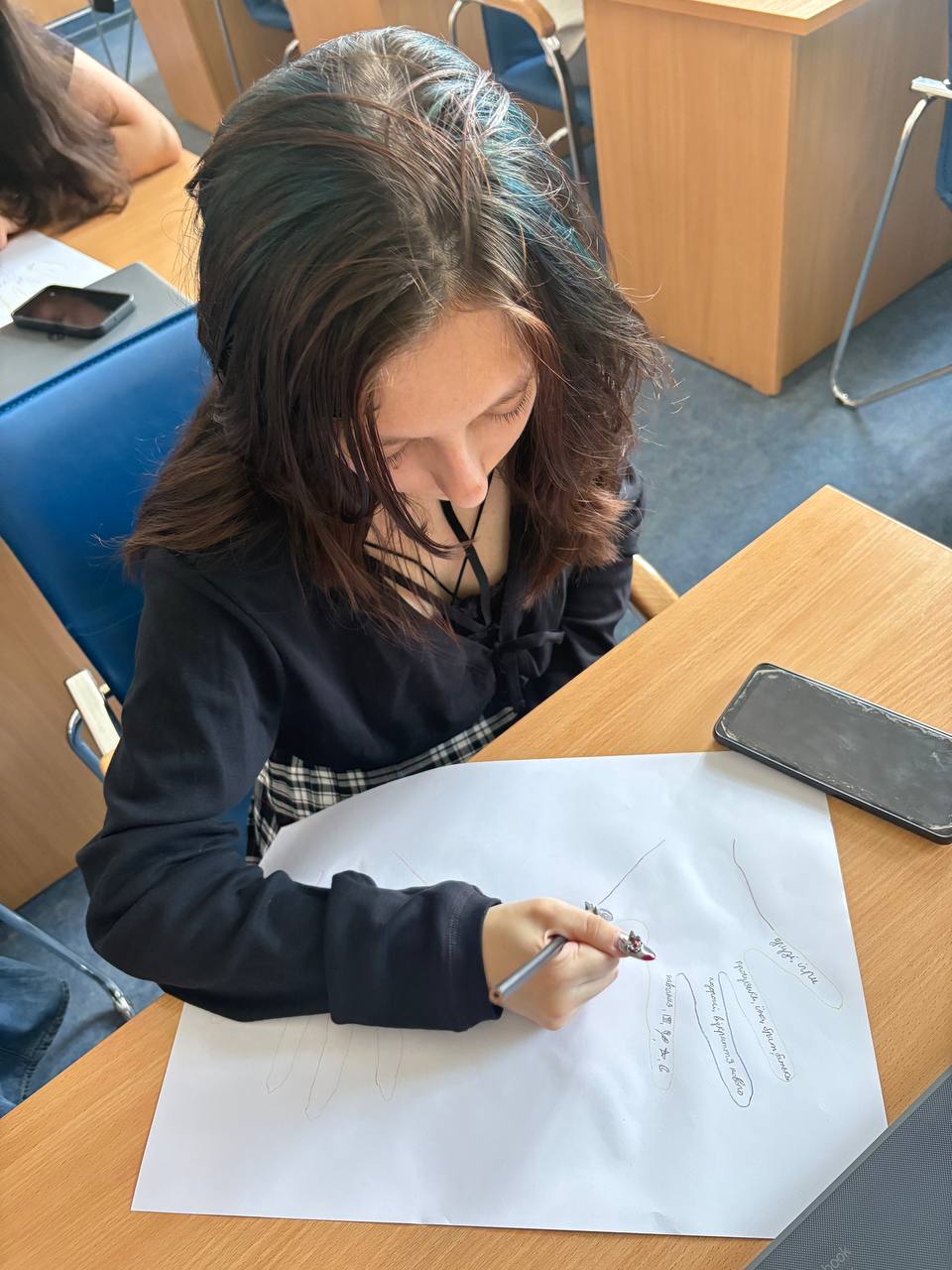
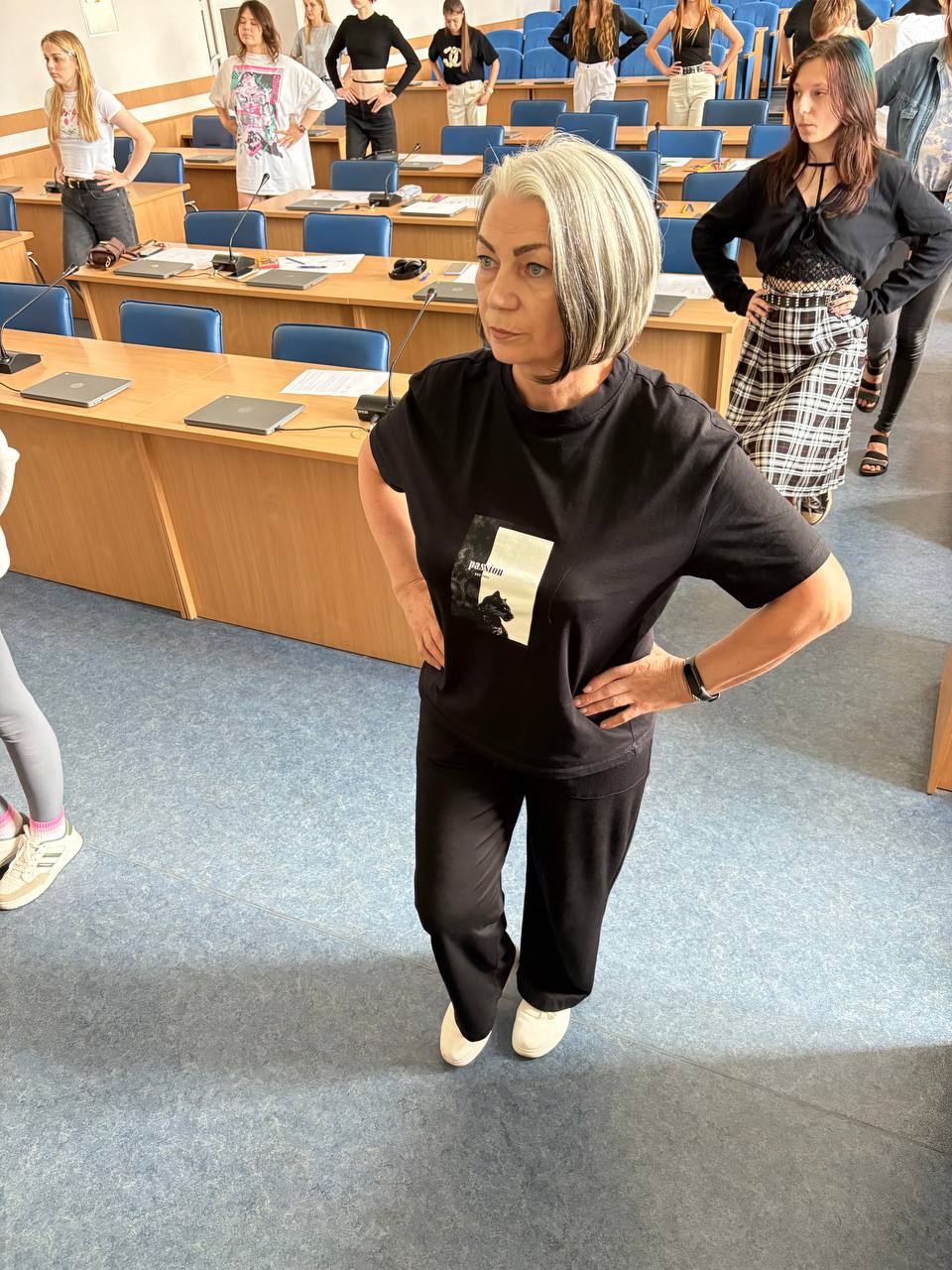
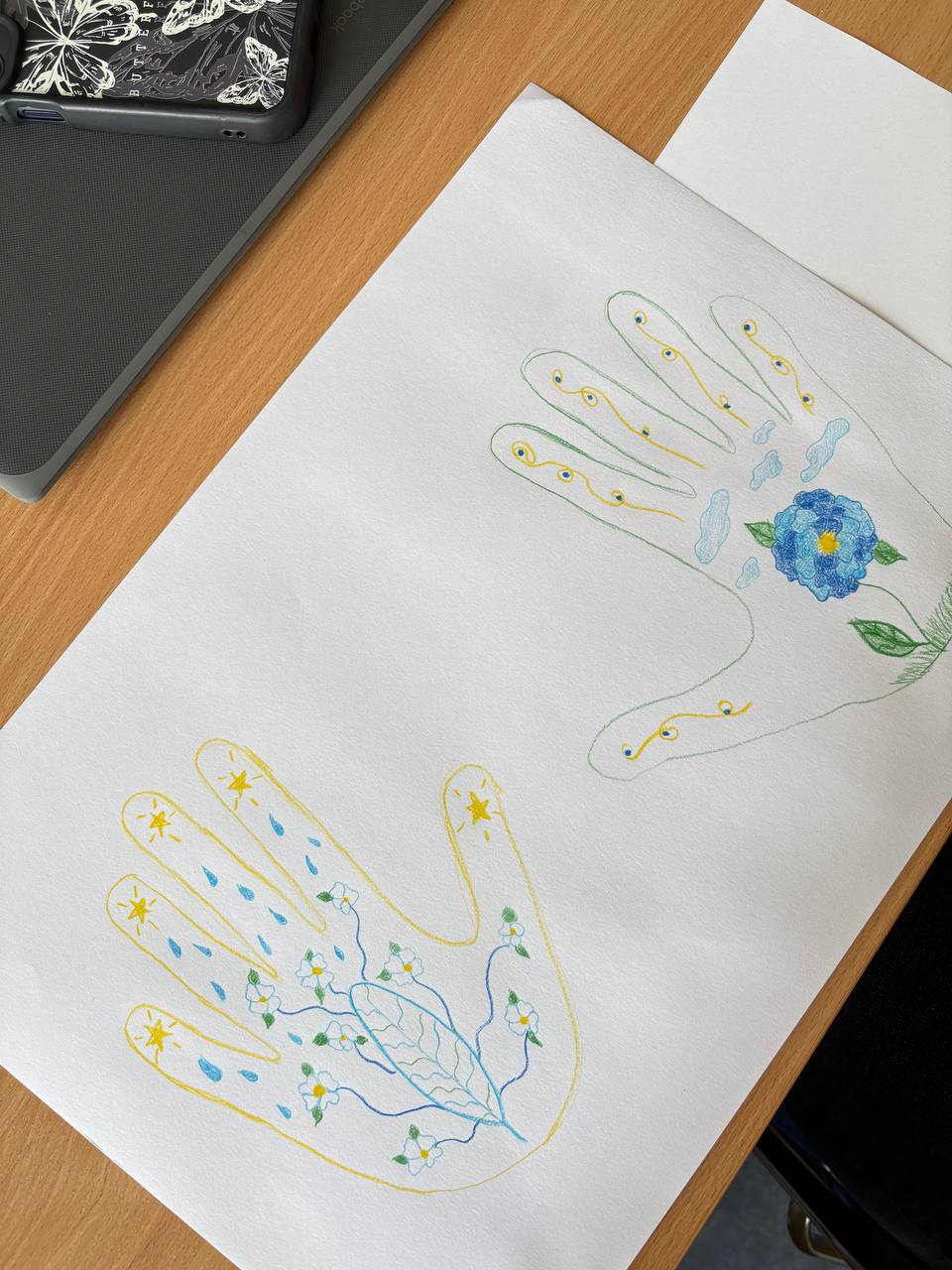
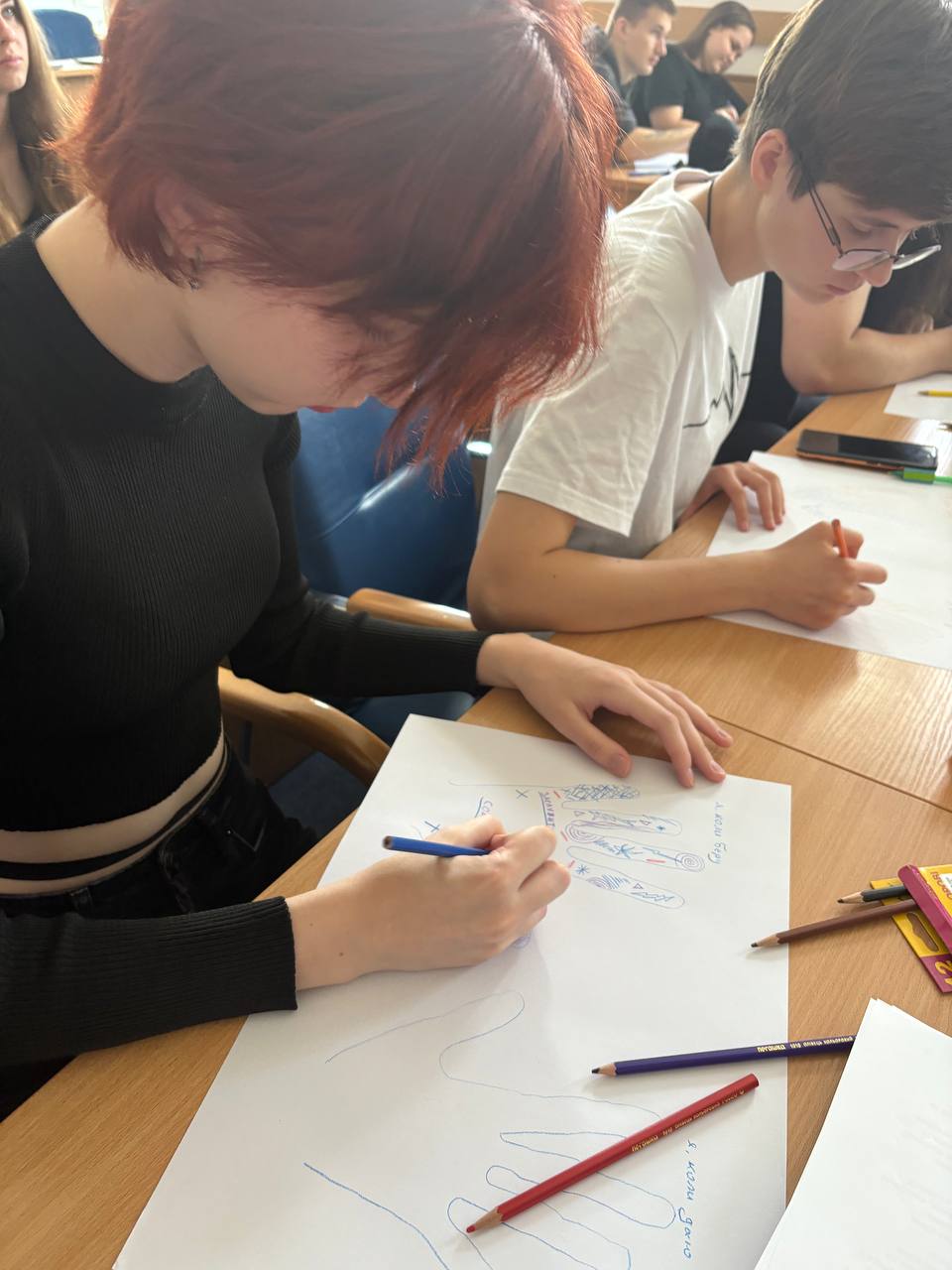
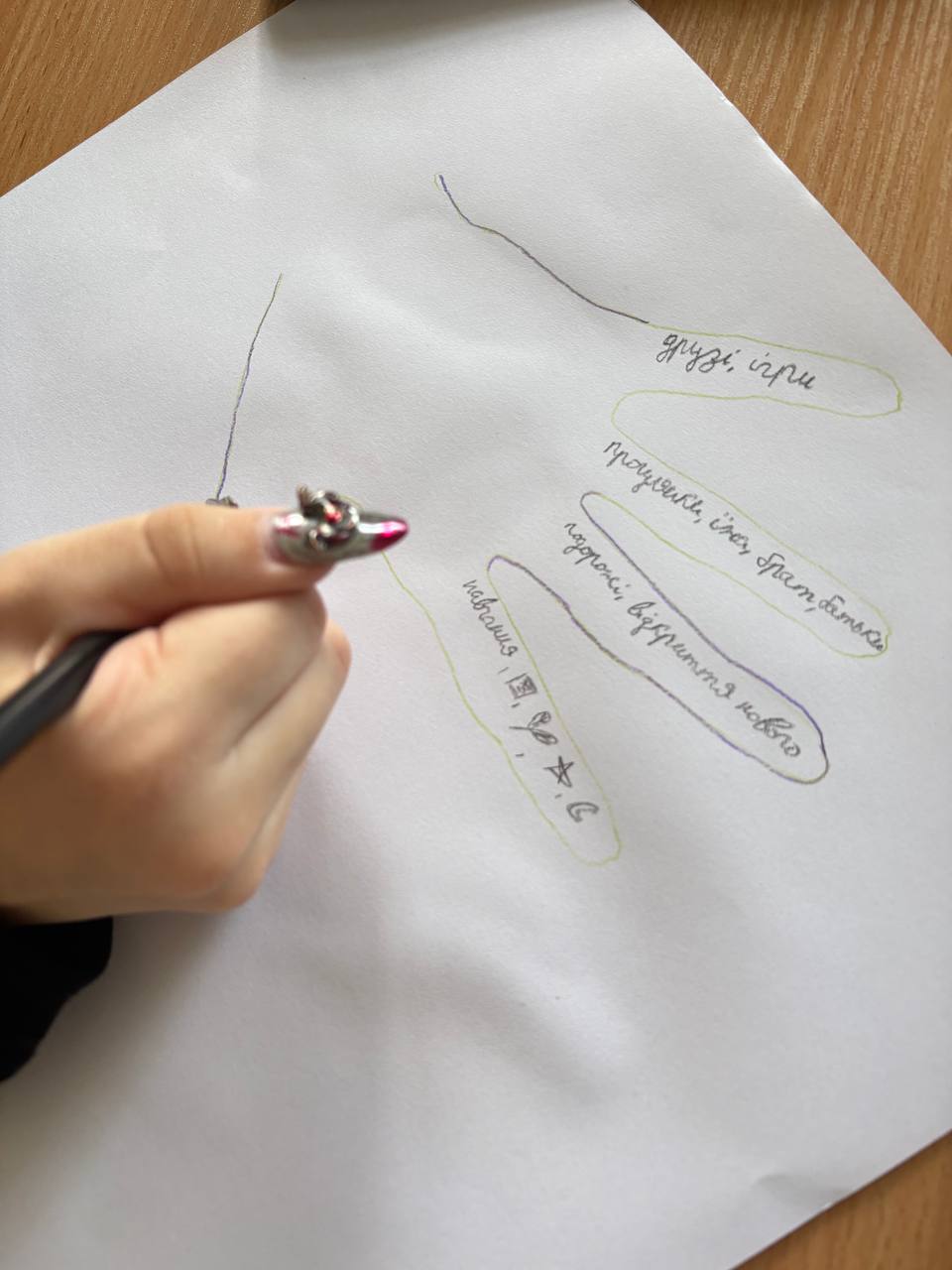
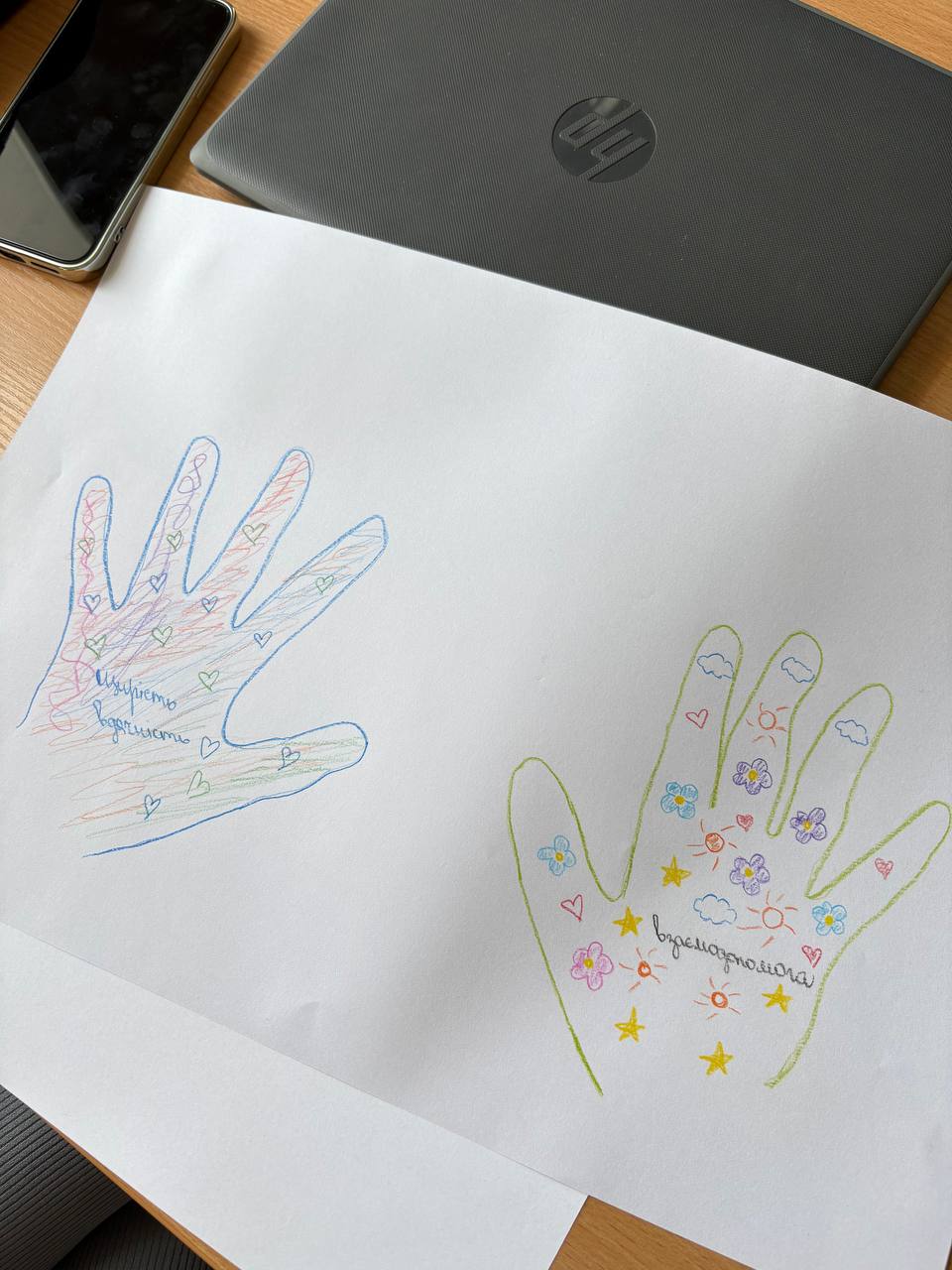
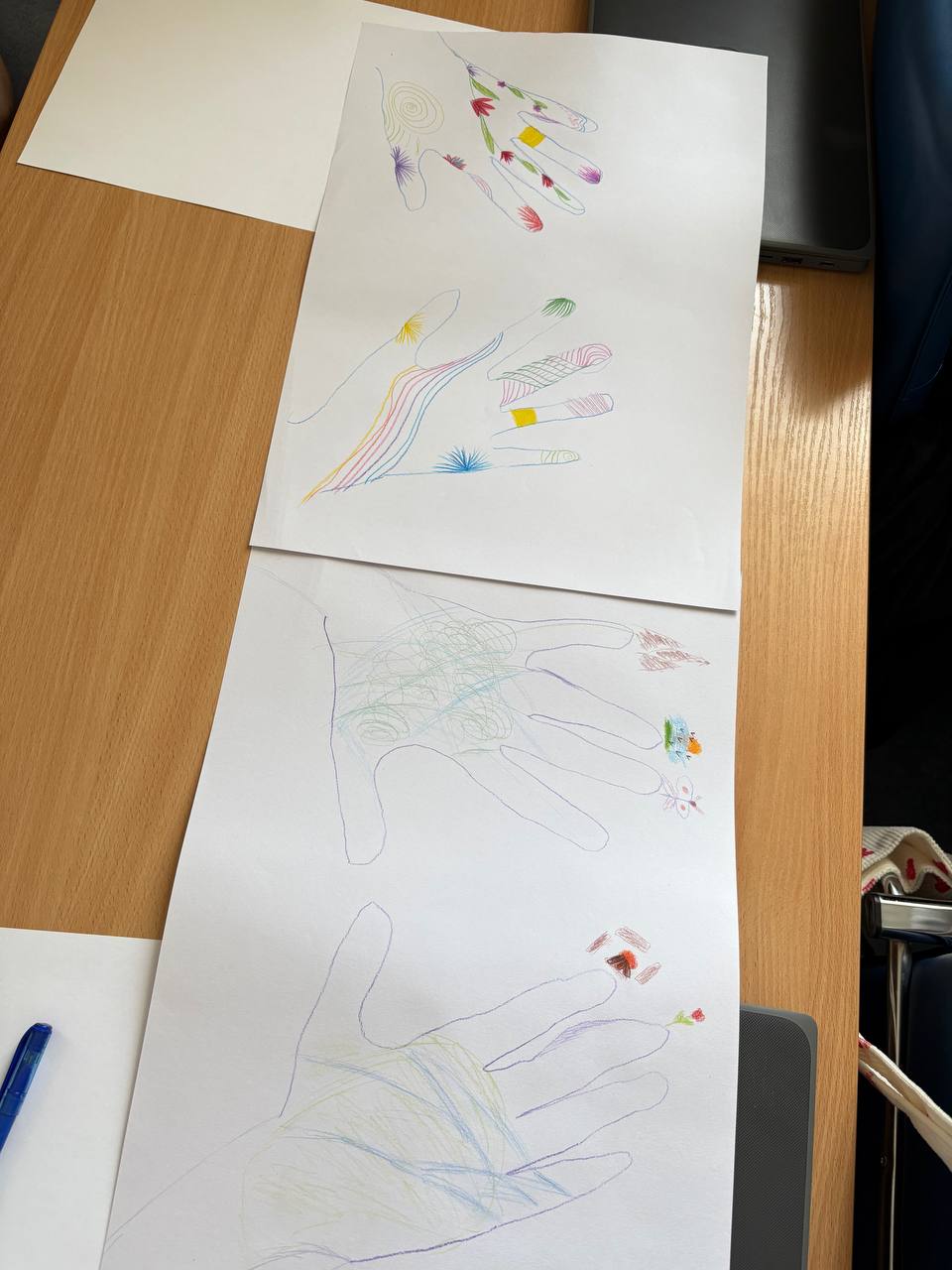
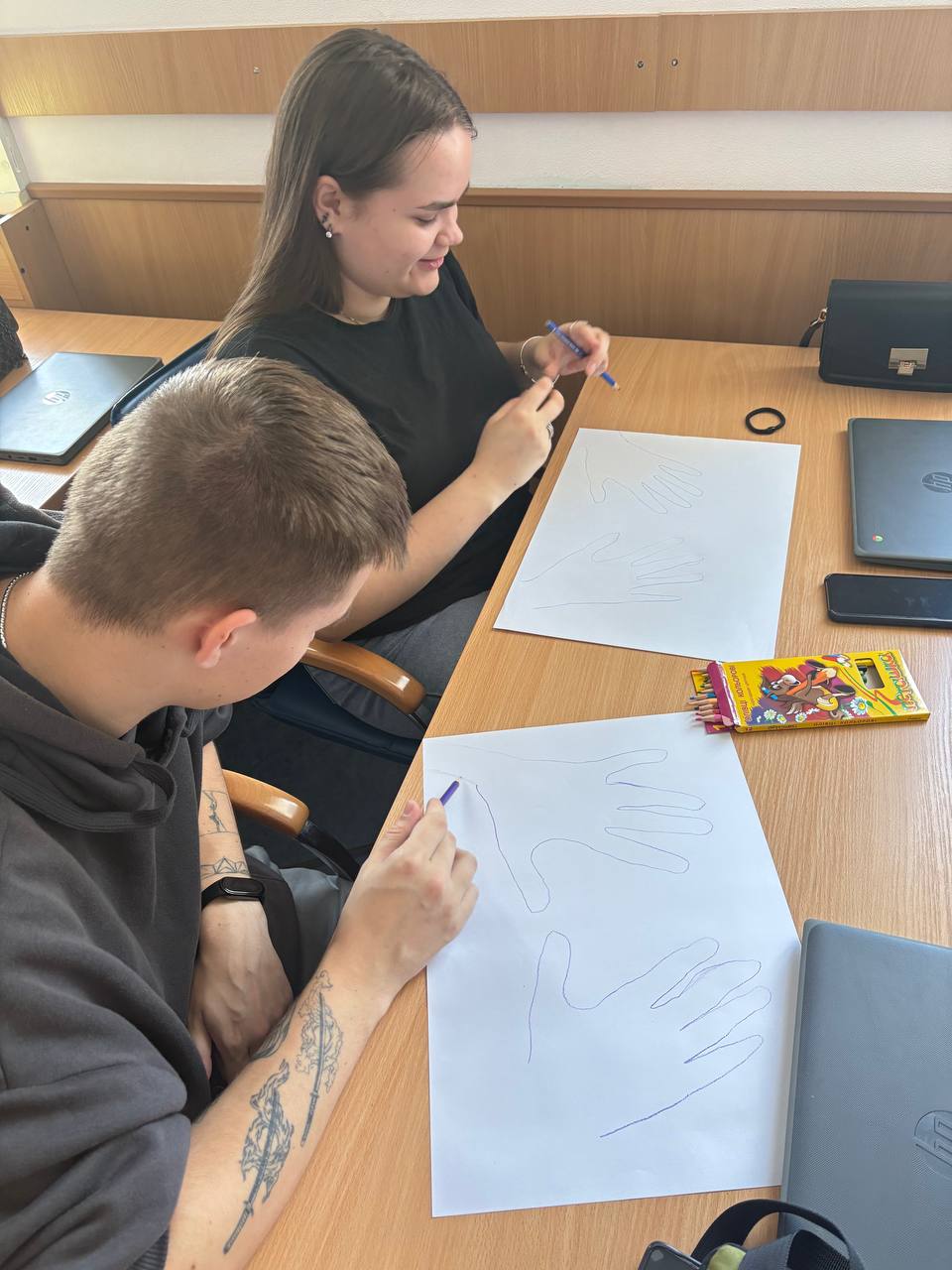
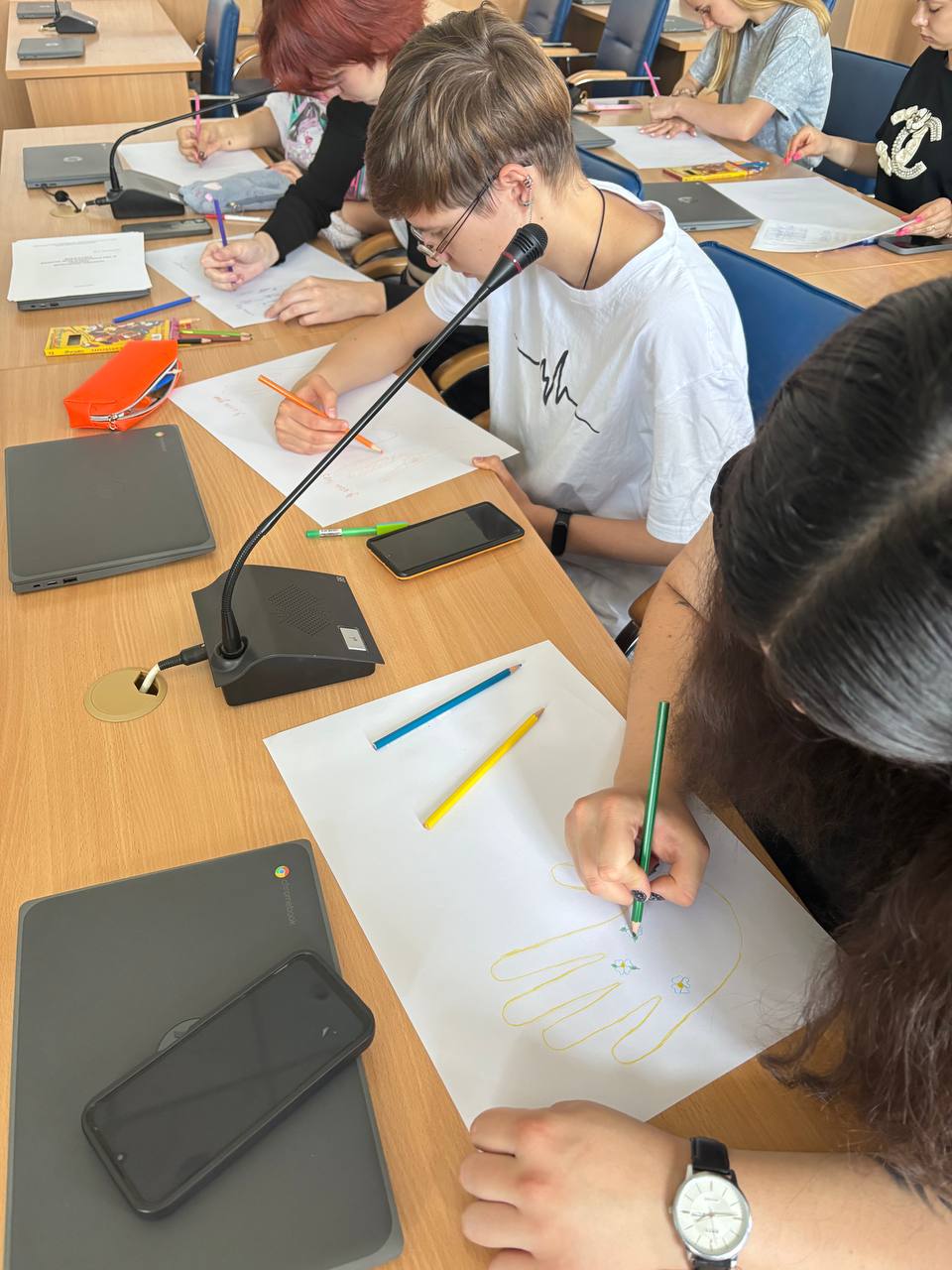
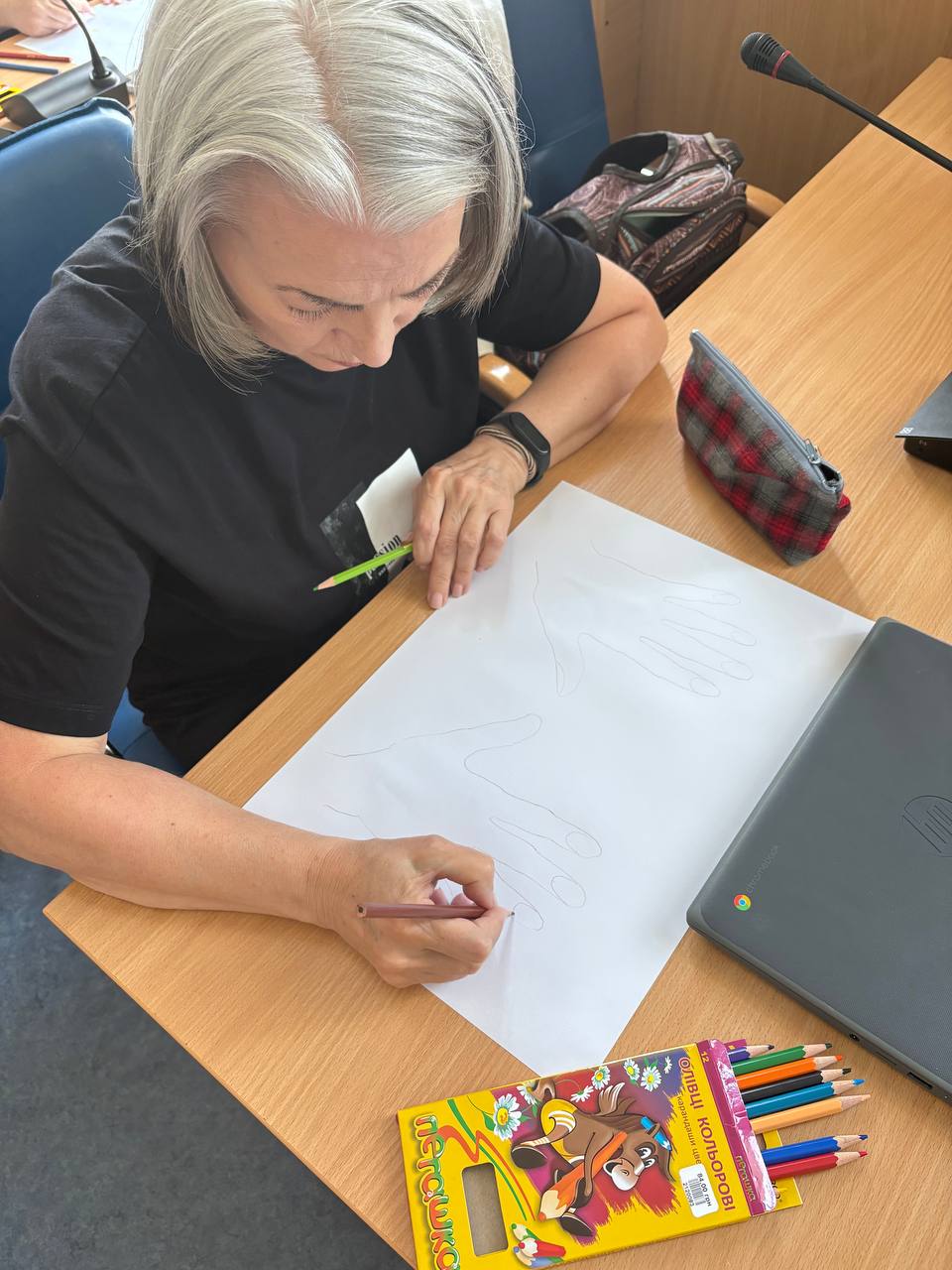
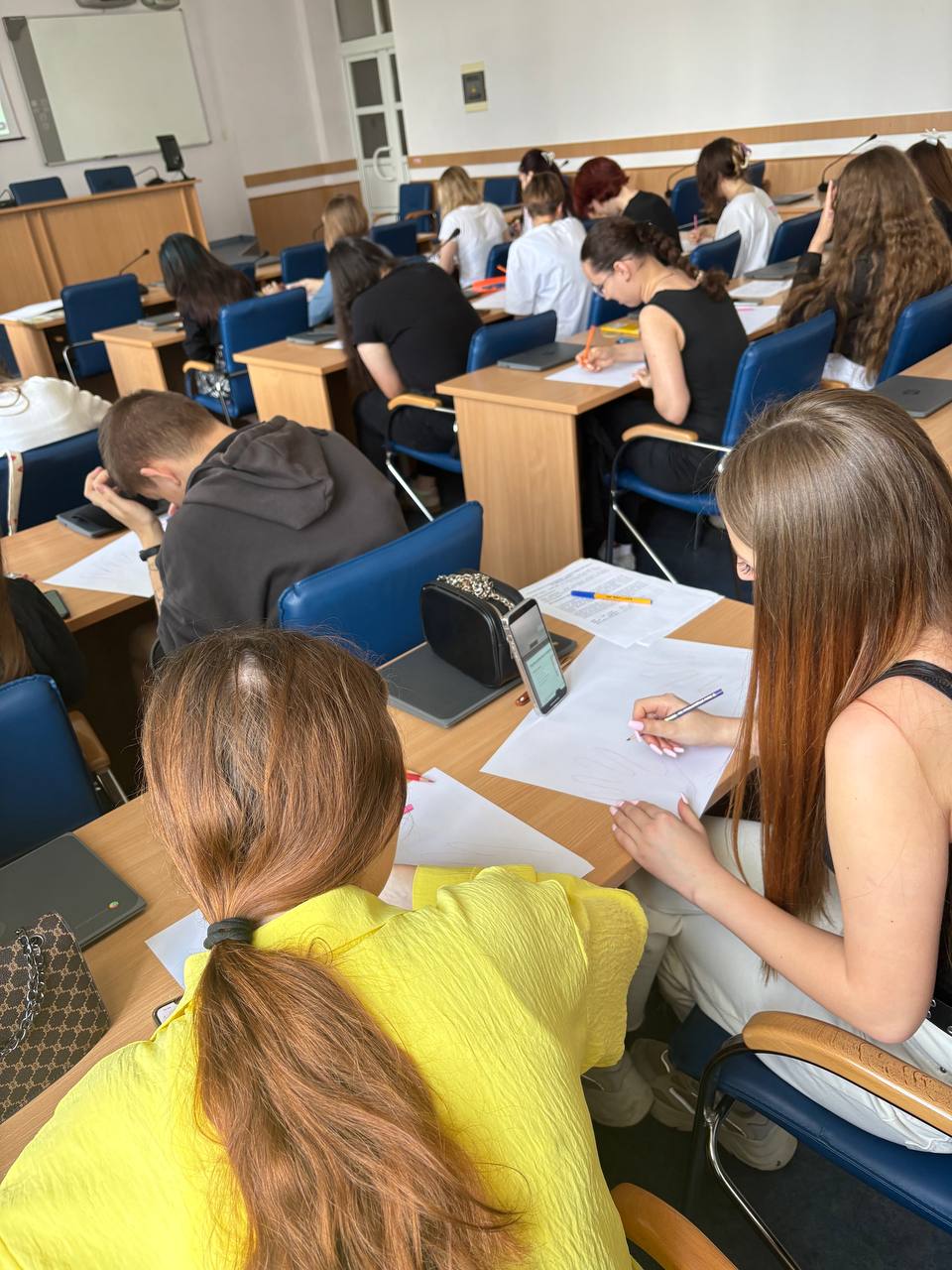
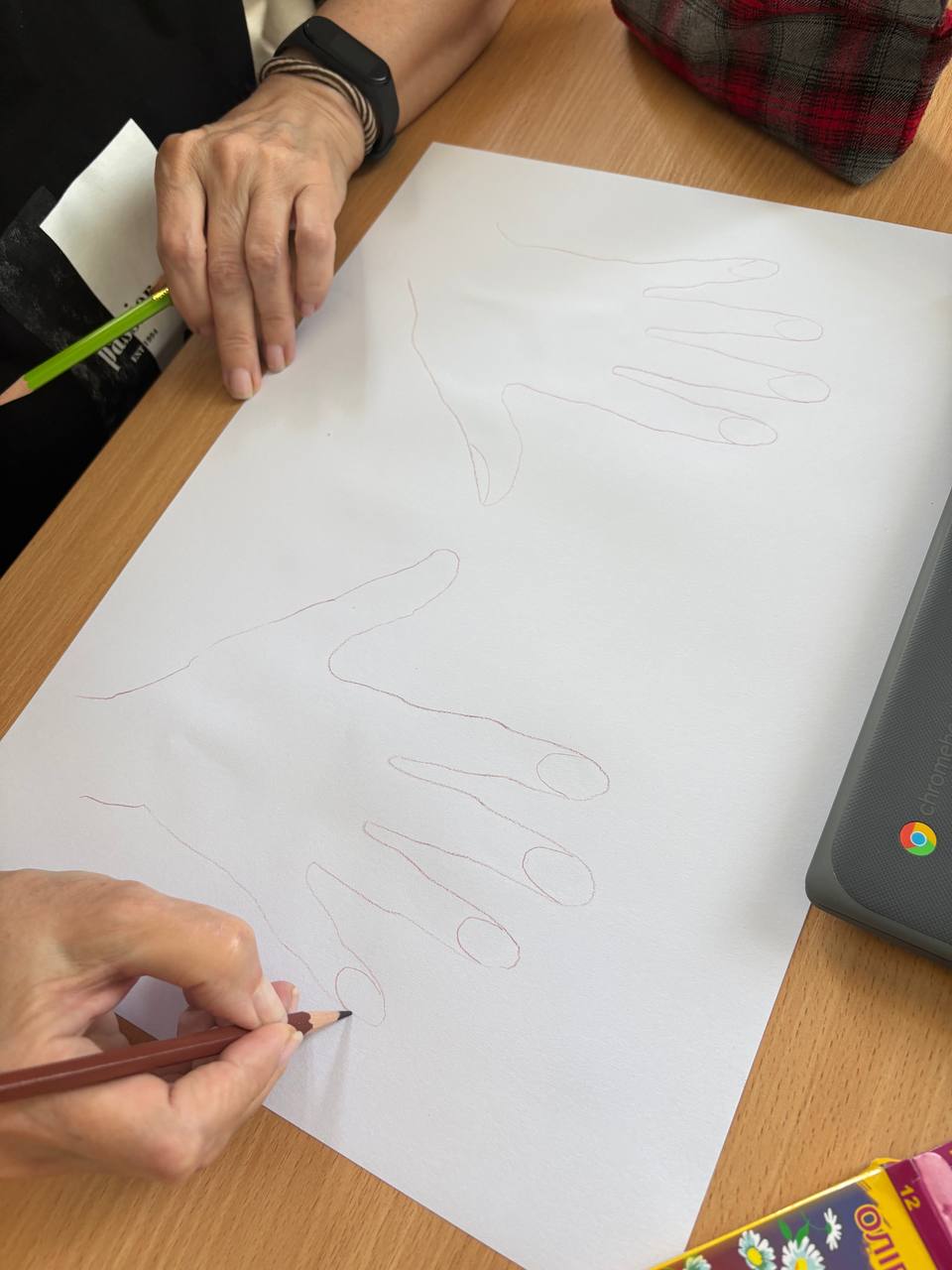
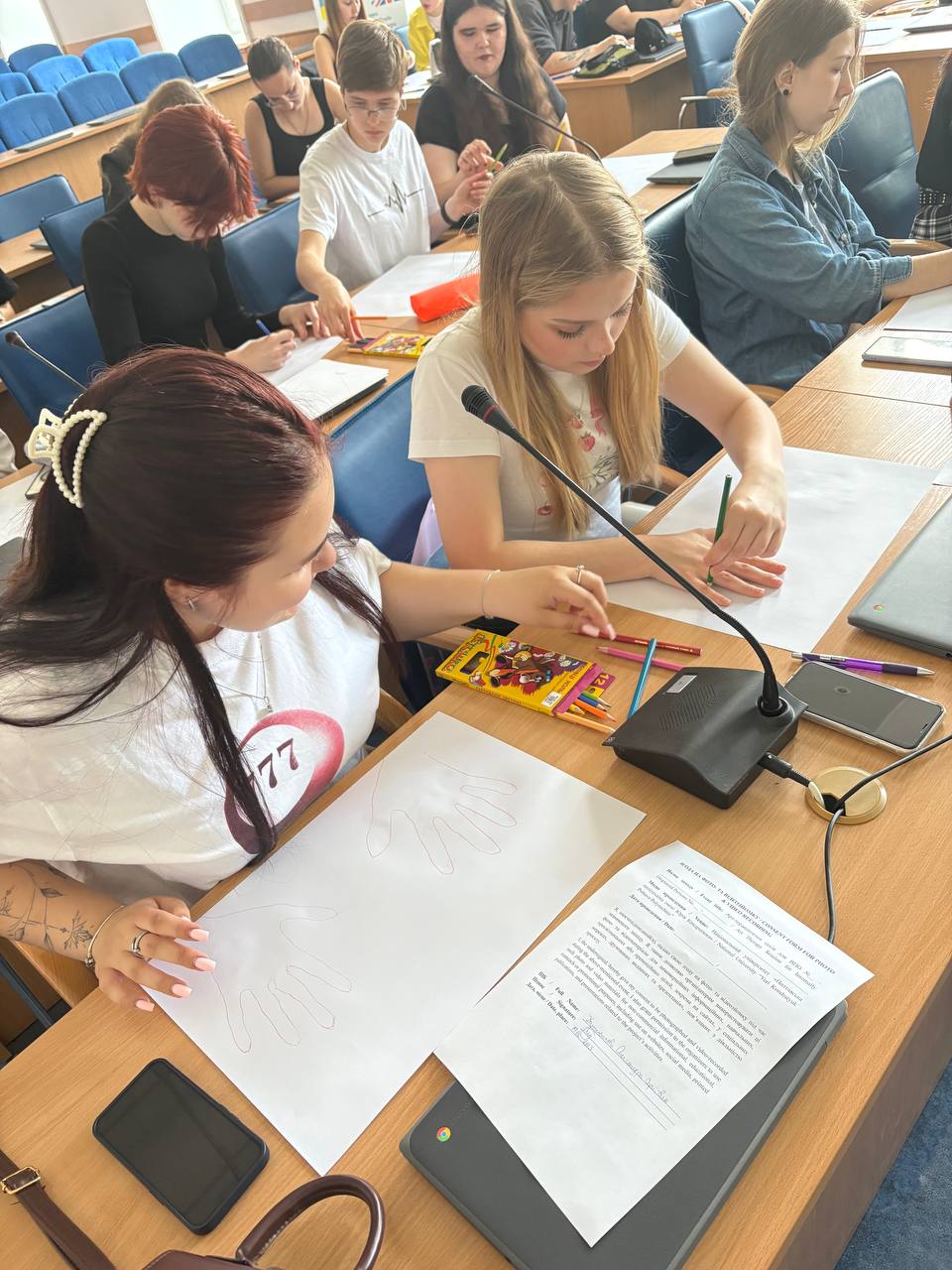
What makes these events at Poltava Polytechnic truly unique is their interdisciplinary approach, combining psychology, art, and pedagogy. The teamwork of psychologists, choreography instructors, and art educators enables the creation of integrated programs that address cognitive, physical, emotional, and social aspects of the individual. This approach makes art therapy not only a tool for personal healing but also a means to strengthen and unite communities facing collective adversity. In the future, these practices may serve as a model for permanent psychological support programs in Ukraine’s higher education institutions.
More art therapy sessions within the TRUST project lie ahead, offering young people new methods, deeper self-exploration, and most importantly, the assurance that even in the most challenging times, there is a place where they are seen, heard, and supported. Because art is the language of the soul, it heals when words are not enough.
Within the TRUST project, several psychotherapeutic initiatives have already shown a positive impact on the mental well-being of participants, many of whom faced displacement, separation from loved ones, prolonged stress, and anxiety. Art therapy has helped reduce emotional tension, build safe channels for emotional expression, and restore the sense of connection with oneself and the world.
The TRUST project continues and promises more in-depth practices, new methods, and – most importantly – ongoing support, which is critically needed by Ukrainians today, as everyone continues to feel the impact of the war in one way or another.
The previous sessions included symbolic activities such as designing personal coats of arms to represent inner values, sources of strength and hope; associative drawing exercises; the “Relationships” activity aimed at reflecting on personal connections with loved ones, community, and country; discussions around “What does mental health mean to me?”; neurographic drawing; and immersion in body-oriented therapy where movement, dance, and physical expression become key tools for emotional release and recovery, worked with metaphorical associative cards, practiced associative reflection of thoughts on paper and explored the symbolism of the elements of nature and their direct impact on the human psyche and emotional state, plunged into music and daram therapy and took part in a unique art therapy session on neurography titled “My Tree of Life”, worked with metaphorical cards and the Nossrat Pezeshkian psychotherapeutic model, сreated drawings depicting a personal “Tree of Power”, did the art therapy exercise “My superpower”, were given tools for deeper self-understanding by transforming pain into art, and art into a path to healing; helped children recognise and understand their emotions, learn self-soothing techniques, and restore their emotional resilience, helped adult IDPs gain a deep understanding of their emotions, release internal tension, and harmonise their psycho-emotional state.
Media Centre of
National University “Yuri Kondratyuk Poltava Polytechnic”



